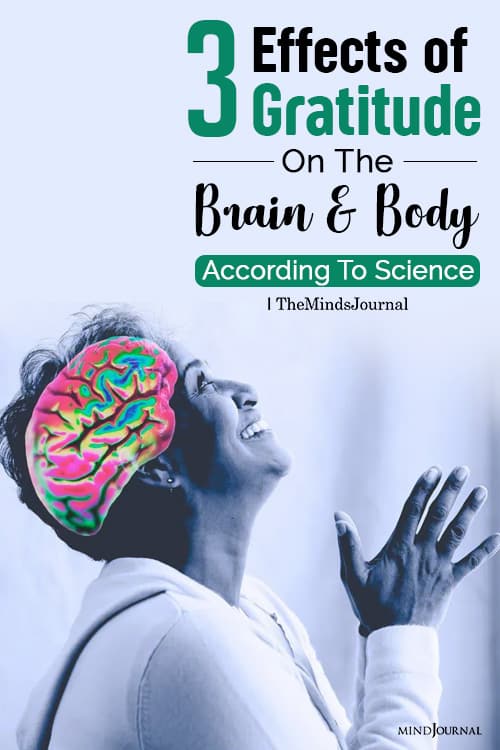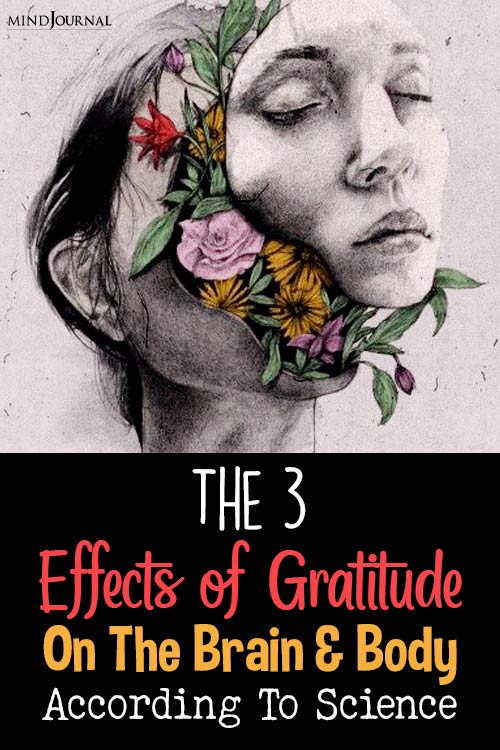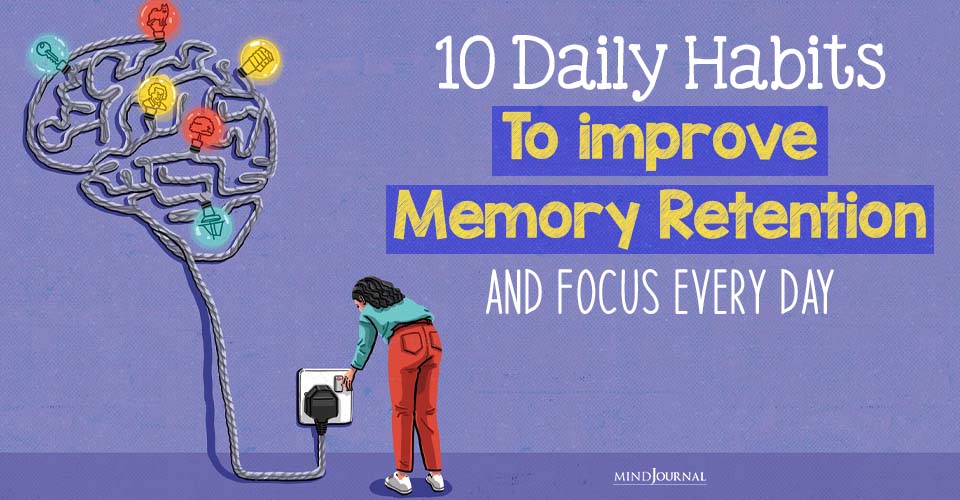The regular practice of expressing gratitude is an age-old tradition that reaps true benefits to those who mean it. The latest research indicates that gratitude is a mindset that boosts mental health and it’s a way of living that has many benefits for one’s health, happiness, and overall well-being. Scientific studies reveal that the effects of gratitude on the brain and body are complex but calming, mentally strengthening, and motivating.
With the rise of positive psychology in the 2000s, the study of gratitude has tremendously expanded. Here is the impact of gratitude on the brain and body based on recent vigorous scientific analysis.
Related: 101 Things To Be Grateful For Today
3 Effects of Gratitude On The Brain and Body, According To Science
1. Gratitude Decreases Heart Rate (Likely Via The Nervous System).
In a gratitude intervention where participants were asked to picture their mother and tell their mother in their mind how much they love and appreciate her, researchers found that heart rate decreased significantly compared to the non-intervention group.
In this 2017 study by Kyeong et al., the non-intervention group was asked to focus on a moment or person that made them angry. In comparing the gratefulness versus “resentment” groups, researchers concluded, “…our results suggest that gratitude intervention modulates heart rhythms in a way that enhances mental health.”
The scientific relationship between heart rate and gratitude may be due to gratitude’s effect on the parasympathetic and/or sympathetic systems, as stated by researchers.
The parasympathetic system is responsible for slowing the heart rate and digestion regulation while the sympathetic system is responsible for boosting heart rate, alertness, and sending blood to muscles. Researchers specifically looked into the different heart rate effects between people with gratefulness versus those with resentment.

2. Gratitude Strengthens The Emotion-Related Activity Of The Brain.
In the 2017 study by Keyong et al., their gratitude intervention was observed via functional Magnetic Resonance Imaging (fMRI) to strengthen the participants’ ability to regulate emotions (e.g., focus on specific emotions or rethink/reframe a situation in a more positive light).
The study used fMRI to observe the activity of the brain during a rested state. Specifically, the activity of the amygdala, a region of the brain known for its role in processing emotions, was observed to be impacted by the gratitude intervention. The amygdala is an almond-shaped piece of tissue located on the sides of our brain, otherwise known as the temporal lobes, and it is part of the limbic system.
When practicing gratitude, the amygdala’s activity under the limbic system—responsible for processing emotions and memories—seems to be positively impacted.
Related: Psychological Effects Of Gratitude: 5 Ways Gratitude Improves Our Mental Health
3. Gratitude Enhances The Motivation-Related Activity Of The Brain.
In the 2017 study by Kyeong et al., their gratitude intervention was observed via fMRI to enhance participants’ motivation as well. Here, specifically, researchers looked at the activity of the nucleus accumbens (NA) during a rested state.
The NA is responsible for the cognitive processing of motivation, in part, and its activity may be affected in individuals with major depression. When engaging in a regular practice of gratefulness, the NA in the brain may very well be positively impacted.
The 2017 study by Kyeong et al. ultimately suggests future studies should look at long-term gratitude interventions and whether they have an even greater impact on the brain and body.

In summary, the ability of a gratitude practice to positively impact the brain and body is increasingly clear from a scientific viewpoint. To take advantage of the evidence, picking up a regular gratitude exercise is essential. Just like exercise is helpful to the entire body, being grateful is helpful to the mind.
References: Kyeong, S., Kim, J., Kim, D. et al. (2017). Effects of gratitude meditation on neural network functional connectivity and brain-heart coupling. Scientific Reports, 7, 5058.
Written By Ms. Najma Khorrami, M.P.H. Originally Appeared On Psychology Today Republished with permission












Leave a Reply